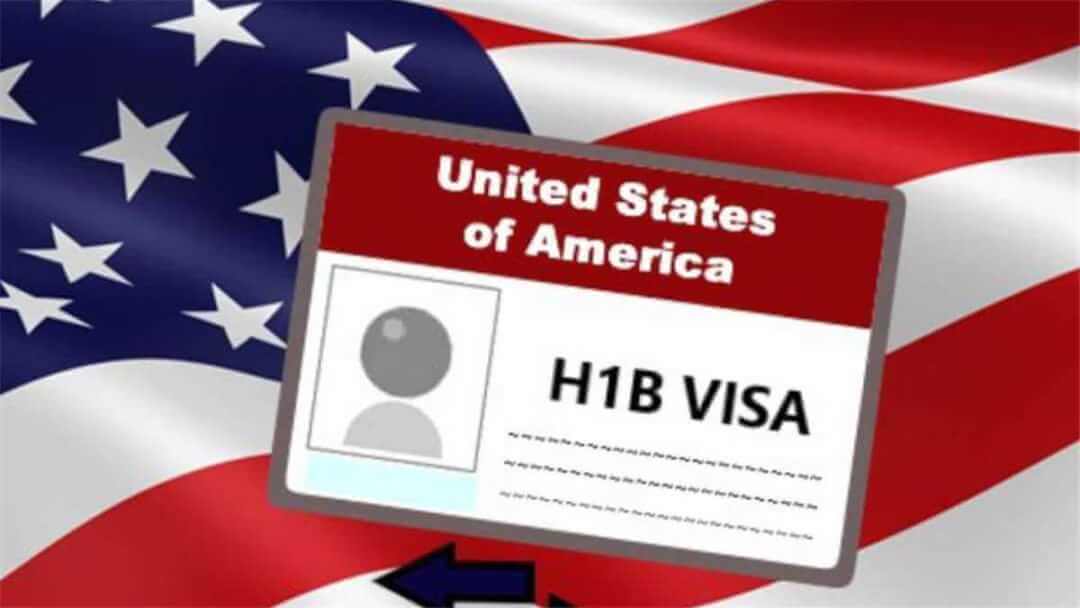Trump Administration Proposes $100,000 H-1B Visa Fee Amidst Release of Top Beneficiary Data
This dual development signals a significant tightening of H-1B visa access and increased costs for employers, profoundly impacting skilled foreign talent and the tech industry.

Subscribe to our newsletter and stay informed about latest H1B news, policy updates and and other developments.
Article Summary
The article reports that Amazon and Tata Consultancy Services (TCS) are the top two H-1B visa beneficiaries for 2025, with Amazon having 10,044 and TCS 5,505 approved visas. Concurrently, the Trump administration announced a new annual fee of $100,000 on H-1B visas, effective September 21, 2025, for 12 months, citing concerns over 'systemic abuse' and impact on American workers. This proclamation aims to curb the influx of foreign STEM labor, particularly in IT, which it claims has harmed American workers.
Original Article: deccanchronicle.com
[ Sentiment: negative | Tone: factual ]
This summary and analysis were generated by TheNewsPublisher's editorial AI. This content is for informational purposes only; it does not constitute legal or immigration advice.
[ Sentiment: negative | Tone: factual ]
This summary and analysis were generated by TheNewsPublisher's editorial AI. This content is for informational purposes only; it does not constitute legal or immigration advice.
TNP AI: Key Insights
The imposition of a $100,000 annual fee would drastically increase the cost of employing H-1B workers, making it economically prohibitive for many companies, especially startups and smaller businesses, and could force a re-evaluation of international hiring strategies. For H-1B workers, this could lead to fewer opportunities and increased uncertainty, potentially pushing skilled talent to other countries.
This proposed fee marks a dramatic escalation from previous H-1B fee structures, which primarily included filing fees, ACWIA fees, and Public Law fees, typically totaling a few thousand dollars. The previous administration also implemented stricter scrutiny and higher denial rates, but a direct annual fee of this magnitude is unprecedented.
While other countries like Canada and the UK have various visa fees and compliance costs for skilled workers, none approach an annual fee of $100,000 for a standard work visa. This proposal would make the US H-1B visa significantly more expensive than comparable skilled worker visas globally, potentially impacting the US's competitiveness in attracting top talent.
For major IT service companies like TCS and Infosys, who are high-volume H-1B users, this fee would represent a massive increase in operational costs, potentially leading to reduced H-1B sponsorship or a shift in their business models. Tech giants like Amazon, Microsoft, and Google, while having larger budgets, would also face substantial new expenses, possibly influencing their hiring of foreign talent or accelerating automation.
This proclamation, if enacted, would likely face immediate and significant legal challenges from industry groups and immigration advocates, given its substantial financial burden and potential discriminatory impact. It could also spur increased interest in alternative visa pathways or encourage skilled professionals to consider immigration to countries with more predictable and less costly skilled worker programs.




